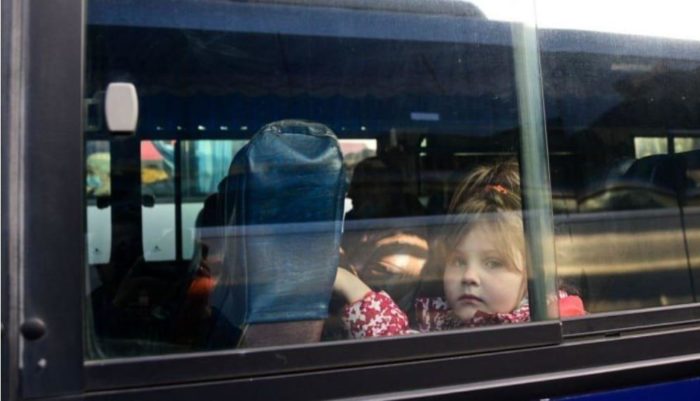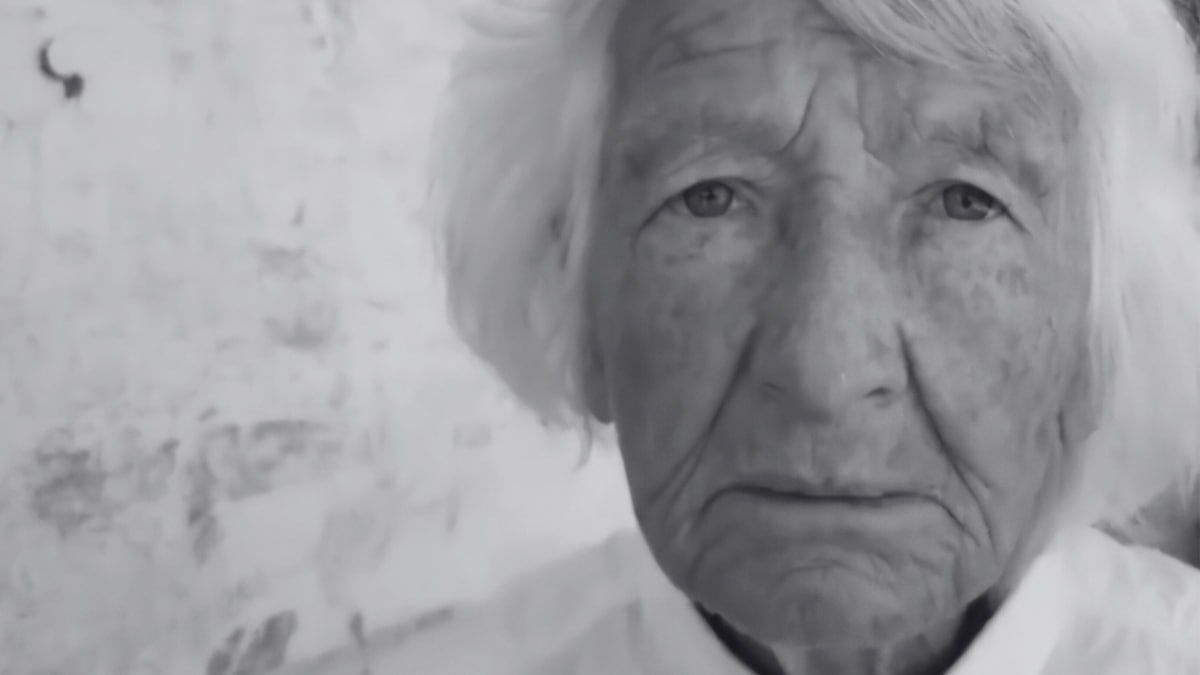UN traces Kherson’s “human safari” up the chain of command — to Putin himself
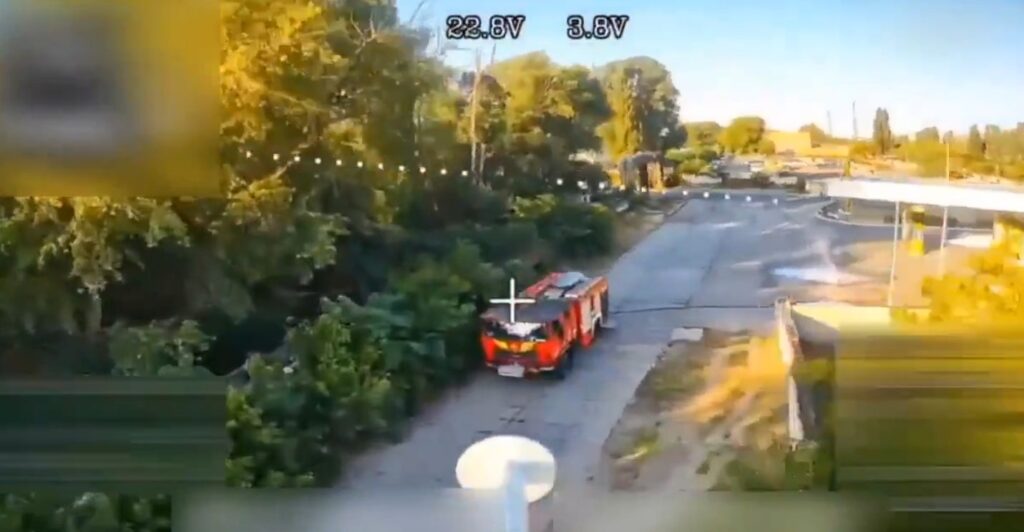
On 11 November 2025, Ukraine marks the third anniversary of Kherson's liberation. Three years since residents celebrated freedom in the streets. Three years since Russian troops withdrew across the Dnipro River.
But for Khersonians, liberation brought a new nightmare. This week, Angelina Jolie visited Kherson and described what she found: "The threat of drones was a constant, heavy presence. You hear a low hum in the sky. It's become known locally as a 'human safari,' with drones used to track, hunt, and terrorize people, constantly."

The UN Independent International Commission of Inquiry on Ukraine this week released its latest findings, documenting Russia's deliberate drone attacks on civilians in Kherson, Dnipropetrovsk, and Mykolaiv oblasts. President Volodymyr Zelenskyy also announced a new anti-drone program designed to protect Kherson and prevent further attacks.
Euromaidan Press interviews Erik Møse, Chair of the UN Independent International Commission of Inquiry on Ukraine.
The UN mission and what investigators found
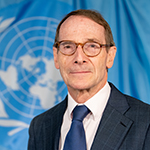
The UN Independent International Commission of Inquiry on Ukraine visited Kyiv from 2 to 6 November 2025.
Established by the UN Human Rights Council to investigate violations of human rights and humanitarian law in Russia's war against Ukraine, the Commission used this mission to deepen its investigations, gather further information, and exchange views with officials.
The Commissioners Erik Møse (Chair), Pablo de Greiff, and Vrinda Grover met with representatives of the Ministry of Foreign Affairs, the Prosecutor General's Office, the Ombudsperson, NGOs, and victims of the Russian war of aggression.
Since 2022, the Commission has carried out 26 visits to Ukraine and neighboring countries, publishing nine reports documenting Russian war crimes and violations. It has also recorded limited violations by Ukrainian forces, such as indiscriminate attacks and mistreatment of alleged collaborators, though some allegations remain unverified due to access restrictions.
Due to resource constraints, the Commission did not visit Kherson, Dnipropetrovsk, Mykolaiv or Zaporizhzhia oblasts during this mission.
In an interview with Euromaidan Press, Commissioner Erik Møse noted that the team's investigations did not depend on physical access. The Commission relied on other methods of verification, including remote evidence collection and collaboration with local sources.
Its two latest reports, released in May and October 2025, contain extensive documentation, including the identification of perpetrators, both individuals and entities.
What the report documents: crimes against humanity of murder and forcible transfer
In its report to the UN General Assembly submitted on 27 October 2025, based on the "reasonable grounds to believe" standard, the Commission found that Russian forces carried out short-range drone attacks on the Ukrainian-controlled west bank of the Dnipro River and Russian authorities systematically coordinated the deportations and transfers of Ukrainian civilians from the occupied areas of the Zaporizhzhia Oblast.
The Commission has concluded that the Russian armed forces committed crimes against humanity of murder and forcible transfer of population.
The Commission has documented and found crimes against humanity in the cases of short-range drone attacks, as opposed to other types of drone attacks, such as long-range ones. It is important to distinguish between the long-range and short-range drones, as it is the short-range that Russian forces use to target and hunt civilians.
The report is based on findings drawn from a public library of evidence, including 247 geolocated incidents. The Commission interviewed 117 women and 109 men, both in person and remotely, to substantiate the findings.
How Russian forces conduct systematic drone attacks across 300 kilometers
The findings concern short-range drone attacks spreading terror and resulting in killings, injuries, and large-scale destruction. Russian forces carried out recurrent attacks against multiple civilian targets across more than 300 kilometers on the west bank of the Dnipro River in Dnipropetrovsk, Kherson, and Mykolaiv oblasts. These attacks forced thousands of civilians to flee, constituting the crime against humanity of forcible transfer of population.
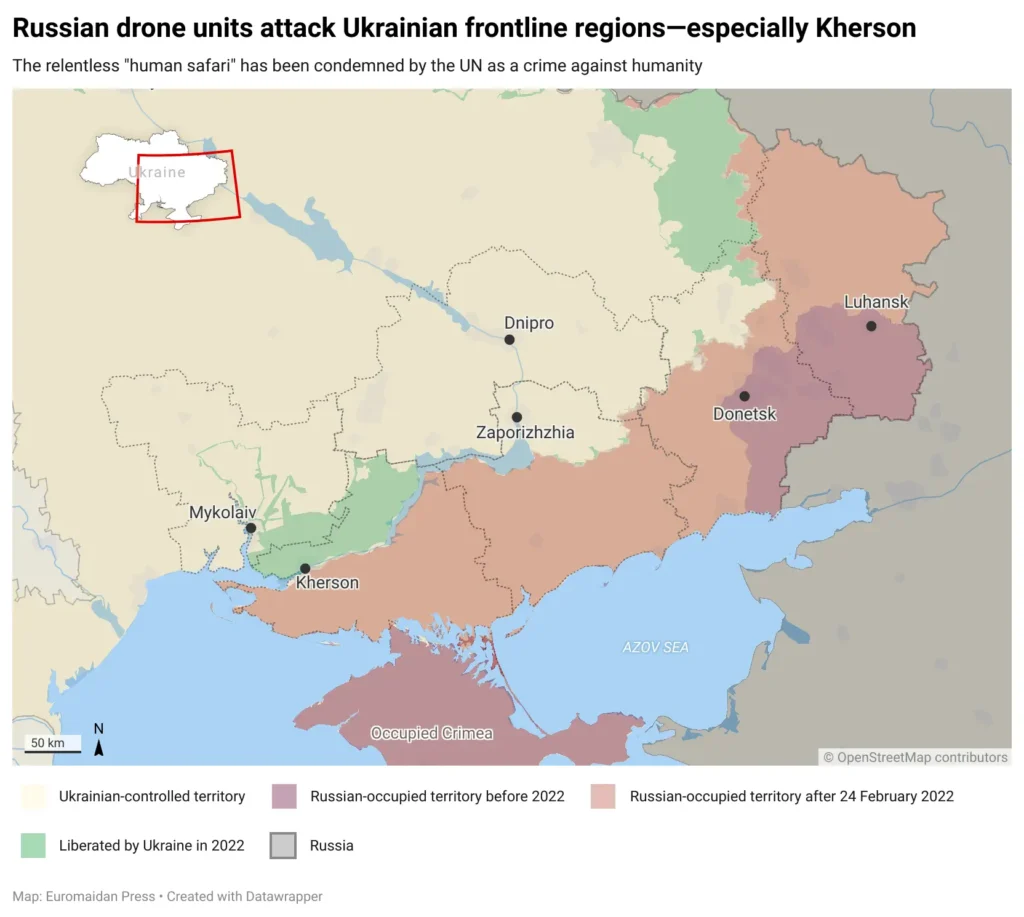
Investigators identified Russian drone units and corresponding military formations deployed on the left bank of the Dnipro River, all belonging to the Dnepr Group of Forces. Various Russian authorities and services coordinated actions in carrying out deportations and transfers.
The Commission's previous report, published in May 2025, reached the same conclusion regarding Kherson. The latest findings expand this conclusion to include three provinces.
It's important to explain not only the extent, but also the gravity of the attacks, Møse said in an interview. The report exposes an extensive array of targets hit, including civilian persons, objects, and transport, as well as residences and buildings, critical infrastructure servicing the civilians, and first responders.
The Commission determined that these drone attacks were directed by Russian authorities to inflict maximum harm. Operated under a unified command, Russian forces used drones capable of real-time observation and target tracking, leaving no doubt that operators could identify civilians.
One method of attacks, for instance, included using several drones: the first drone would strike a house, piercing the roof, while the second dropped explosives or incendiary materials to ignite fires.
When rescue workers arrived, they too were targeted.
Such methods, Møse stated, demonstrate intent and a clear violation of international law.
— Zarina Zabrisky
Kherson: human safari goes on.
You are watching a Russian drone video: it attacks the fire engine extinguishing the fire started by another drone at a gas station in a residential area (see below 2/2).
The videos shared on Russian Tg channels with these soundtracks. 1/2 pic.twitter.com/iBNFA5y9Lp(@ZarinaZabrisky) July 6, 2025
Perpetrators identified: from drone operators to Putin
The report found that the attacks were carried out by drone units of the Russian armed forces based on the left bank of the Dnipro River, under Russian control, in Kherson and Zaporizhzhia oblasts.
Witnesses said Russian soldiers occupied vacant houses, positioned military equipment between civilian buildings, and operated drones from within residential, administrative, medical, and educational facilities.
The Commission identified individual drone operators and units stationed on the left bank. Some operators regularly shared footage of drone attacks on civilians via Telegram channels.
These units are part of the "Dnepr" Group of Forces, commanded by Colonel General Mikhail Teplinsky, who reports directly to Chief of the General Staff Army General Valery Gerasimov, the commander of all Russian troops in Ukraine.
In July 2025, Russia's Defence Minister visited the Group's headquarters, where Teplinsky briefed him on a new drone control system designed to coordinate operations, reduce losses, and track drone deployment.
Among Russian-installed officials, Volodymyr Saldo, the self-proclaimed "Governor" of occupied Kherson Oblast, has actively supported drone operations. In September 2024, he posted on his Telegram channel that he had delivered drones to military personnel on the left bank.
View on Threads
In 2025, he shared updates and recruitment appeals for a drone unit in northern Kherson under the slogan "Make Kherson's history already today!" He also reported visiting drone factories in 2023 and 2025, stating that drones from the factories were "working en masse on the front lines—in the area of responsibility of the 'Dnepr' troop grouping."
Both Valery Gerasimov and Volodymyr Saldo ultimately report to Vladimir Putin, President of the Russian Federation and Supreme Commander-in-Chief of the Russian Armed Forces. Gerasimov, as Chief of the General Staff, reports to Defence Minister Sergei Shoigu and, through him, to Putin.
Saldo reports to the Presidential Administration of the Russian Federation, which oversees the occupied territories.
Witnesses and local officials in Dnipropetrovsk Oblast reported that some drones were launched from or near the Zaporizhzhia Nuclear Power Plant, seized by Russian forces in 2022. The use of the plant's vicinity for military purposes violates international humanitarian law, which prohibits locating military objectives near nuclear installations.
Kherson just now.
— Zarina Zabrisky
Human safari.
Third anniversary of liberation. pic.twitter.com/utmfEgp8qo(@ZarinaZabrisky) November 11, 2025
Deportations from Zaporizhzhia Oblast follow consistent pattern
In addition, the Commission also found that deportations and transfers of civilians by Russian authorities constitute war crimes and follow a consistent pattern.
Russian authorities coordinated the removal of civilians from occupied areas in Zaporizhzhia Oblast, actions that amount to the war crimes of deportation and unlawful transfer. Some victims were deported from Zaporizhzhia to Georgia, while others were transferred to territories under Ukrainian government control. Victims of deportation and transfer were detained, tortured, and had their documents and belongings confiscated before being compelled to leave.
The Commission found that these acts were systematic and sustained over a prolonged period, reflecting an organized effort by various Russian entities, including senior officials. Transfers and deportations were carried out pursuant to state policy, with the Russian-appointed "Governor" of occupied Zaporizhzhia issuing a decree mandating expulsions and publicly confirming the actions.
Response and the path to accountability
The Commission's most recent report delivered to the United Nations was well received by member states in the General Assembly and Ukrainian authorities, and drew broad media coverage across international, regional, and national outlets.
"Documenting and covering the situation is essential to spread knowledge about these crimes," said Møse. He noted that while early reporting on drone attacks was limited, awareness has grown as evidence accumulated, particularly regarding their extent and impact. The press coverage and amplification of the findings remain of utter importance.
I can't. The monsters killed her.
— Zarina Zabrisky
I spoke to her a few weeks ago. For f^^* sake. God damn, god damn them, god damn Russians.
Burn in hell https://t.co/yfChLvcGPb(@ZarinaZabrisky) October 20, 2025
Although media and researchers have reported on the drone attacks in Kherson Oblast, understanding of their scale and severity remains limited.
Based on documented evidence, the Commission determined that Russian authorities committed the crimes against humanity of murder and of forcible transfer of population, as well as the war crimes of intentionally directing attacks against civilians and civilian objects, and inflicting inhuman treatment. These actions are part of a state policy of aggression.
Military units of the Russian armed forces, operating under centralized command across Dnipropetrovsk, Kherson, and Mykolaiv oblasts, targeted civilians and civilian infrastructure with drones for over a year. In occupied Zaporizhzhia, civil authorities, including the appointed "Governor," coordinated with the Federal Security Service (FSB) to deport and transfer Ukrainian civilians.
The Commission emphasized that judicial accountability is essential. It called for investigations and prosecutions of all individuals responsible for these crimes, including those who ordered, directed, or facilitated drone attacks on civilians and civilian objects, in accordance with international legal standards.
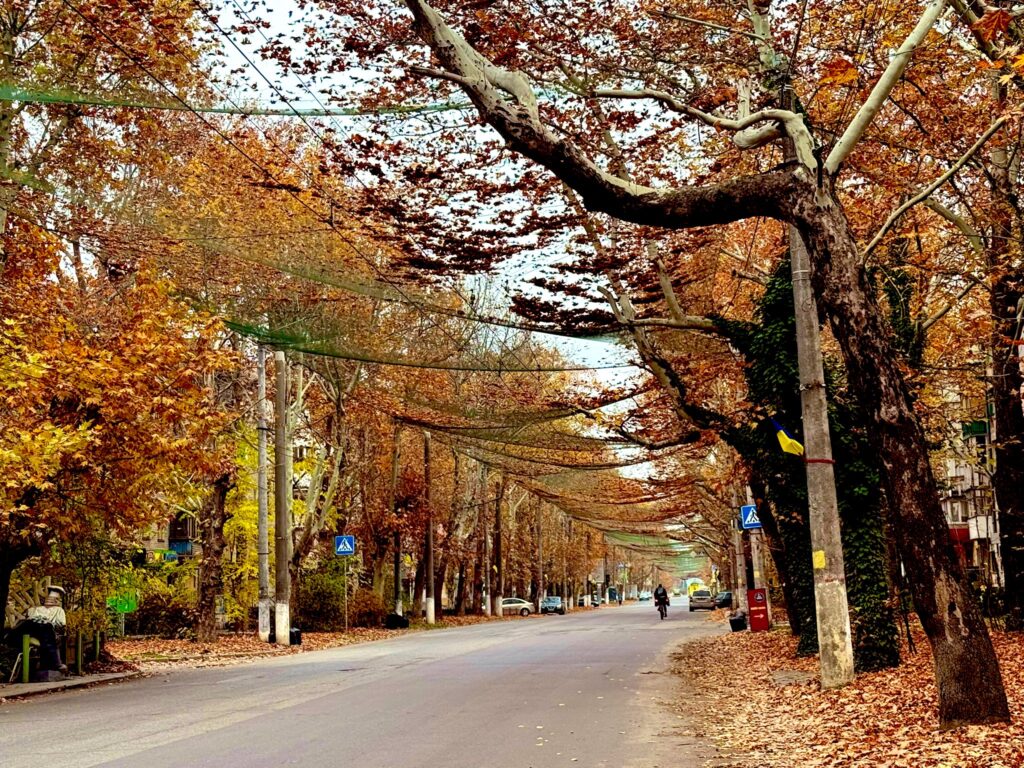
The reports are intended to support ongoing and future accountability efforts, including national prosecutions, universal jurisdiction cases, and proceedings before the International Criminal Court. The ICC has already issued arrest warrants for Putin and Russian Children's Rights Commissioner Maria Lvova-Belova for the war crime of unlawful deportation and transfer of Ukrainian children from occupied areas.
"Our perspective is that these reports will and should contribute to accountability for these egregious crimes," said Møse. "It's important that this information is widely shared."
The Commission called for accountability and reparations, urging that the aggressor state bear financial responsibility for rebuilding lives and communities destroyed by the war.
Møse reiterated the recommendation that Russia immediately end drone attacks on civilians and stop spreading terror among the population.
Each report provides verified factual findings and legal analysis under human rights, humanitarian, and international criminal law, forming a foundation for further action by international and national bodies.
"The law is clear," said Møse. "This has to stop. That is our mandate."
To coincide with the anniversary of Kherson's liberation, the documentary Kherson: Human Safari will be broadcast on major Ukrainian channels. National TV channels Dim (20:00 Kyiv time) and Freedom (16:45) on 11 November 2025. The film will also be available for free viewing on MEGOGO, the largest entertainment platform in Eastern Europe. The film will also be available for free viewing on YouTube, Kyivstar TV, Sweet TV, YouTV, OTT Club, Ukrainske TV, and Current Time, a joint network of Radio Free Europe/Radio Liberty and Voice of America.
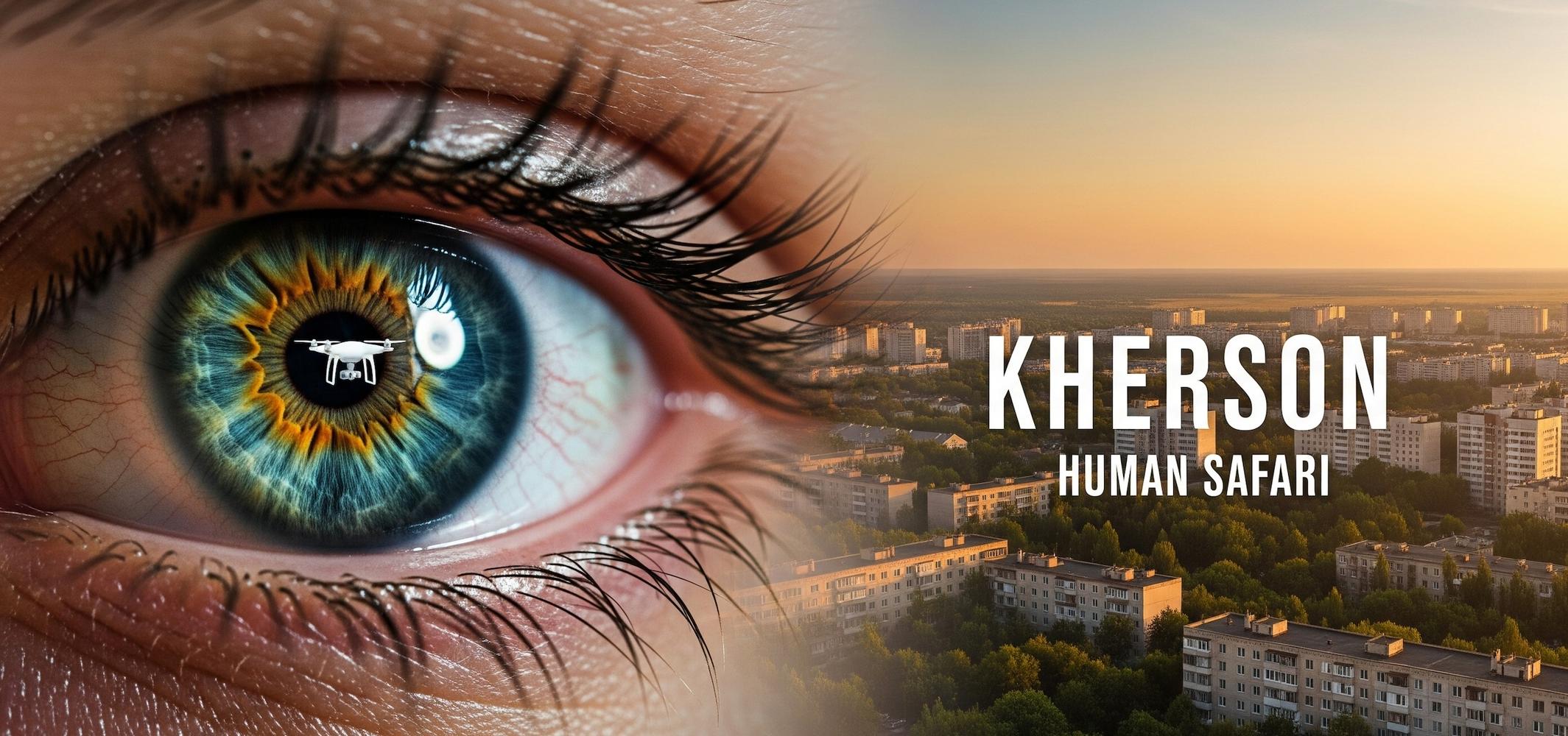
Inside Human Safari: the film that captures Russia’s drones hunting Ukrainians like prey
View on Threads
I can't. The monsters killed her.
— Zarina Zabrisky
I spoke to her a few weeks ago. For f^^* sake. God damn, god damn them, god damn Russians.
Burn in hell https://t.co/yfChLvcGPb(@ZarinaZabrisky) October 20, 2025



